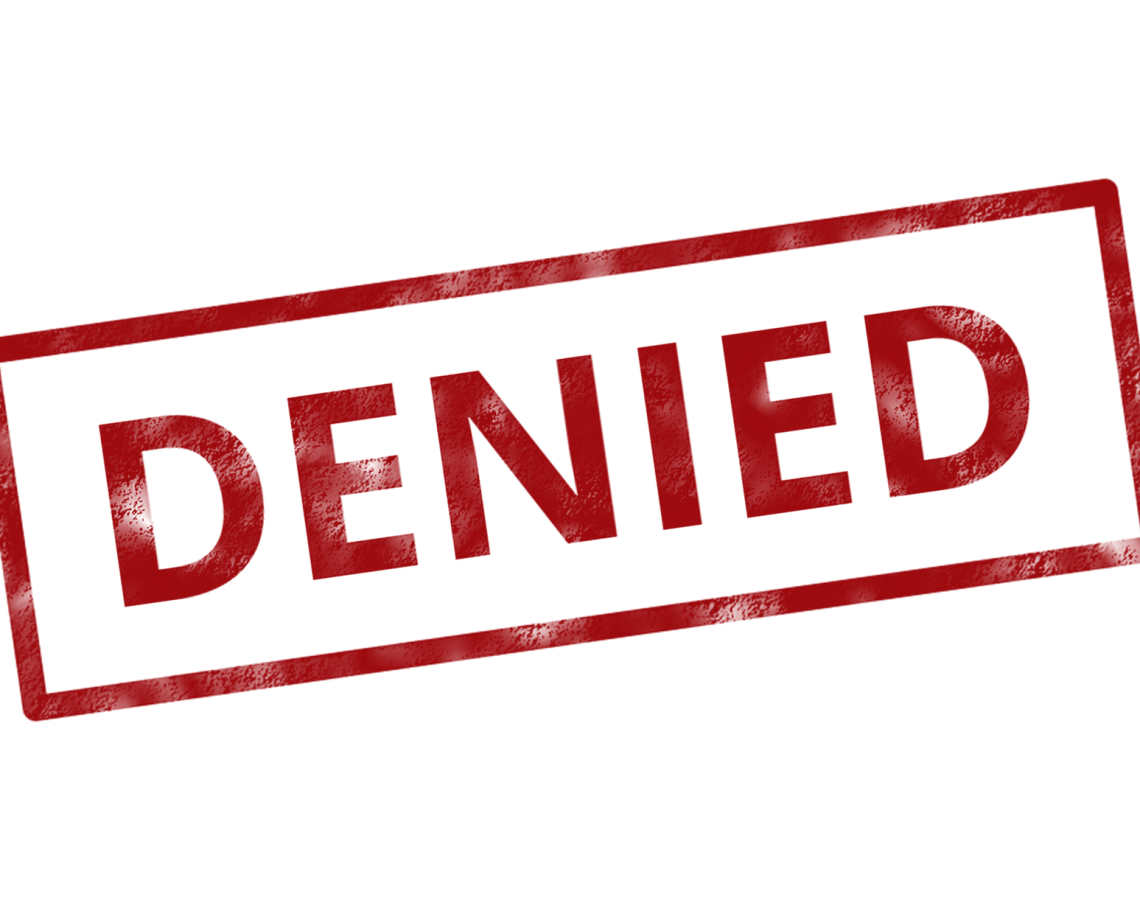My Workers’ Compensation Claim Is Denied. Now What?

Live Help NOW  800-809-3776
800-809-3776
Denied Claims
Even though workers compensation is a “no fault” system, an employer still has the right to deny a claim under certain circumstances. A denied claim occurs when your employer or the workers compensation carrier does not believe your claim is compensable (warrants being paid). There are six reasons a claim can be denied. They are when an employee:
- knowingly self-inflicts the injury or death
- is intoxicated at the time of the accident which is the proximate cause of the injury
- commits an offense which led to the injury
- knowingly fails to use safety equipment or apparatus
- knowingly fails to obey a reasonably written or printed rule of the employer which was posted in an obvious place
- knowingly fails to perform an official duty of the job, which directly led to the injury.
Just because a claim is denied does not mean that all hope is lost. There is an appeal process that an Indianapolis workers compensation attorney can help you with. It is important to keep any and all documentation to help in the claim and appeals process. You can visit our office at any point in your workers compensation claim process for a free consultation with an attorney.
If your claim is denied, your employer or the workers compensation carrier must let you and the Workers Compensation Board know through the Report of Claim Status/Request for Independent Medical Examination (Form 38911). Both you and the Board must receive the form within thirty (30) days of the employer’s knowledge of the accident. This form should state one of the above reasons for denying your claim.
What does “knowingly failing to use safety equipment or apparatus” entail?
Consider the following example:
Bob Builder works installing roofs. Bob’s boss informs him he needs to wear a harness for safety to install roofs. One day, Bob decides to not wear a harness and falls off a roof. It appears Bob was injured at work. However, his boss could still deny his claim under “knowingly failing to use safety equipment or apparatus.”
To determine if Bob’s claim should be denied, we must ask if Bob knowingly failed to use safety equipment at the time of the accident?
If Bob knew he was required to wear a harness and deliberately failed to use the safety equipment, Bob’s claim may be denied.
Bob could, however, still prevail in his claim.
Let’s say Bob’s boss informs him he should wear the harness to install roofs, but it is common practice for Bob and his co-workers to not use a harness. And, let’s say Bob’s boss is aware no one uses a harness. Here, Bob could argue his boss knew no one used the harness and the harness was not enforced.
Appealing your claim when you disagree with the board’s decision
If you choose to appeal the board’s decision, you must first be aware of the statute of limitations for your claim. In Indiana, injured workers have two (2) years from the date of the work accident to file his or her own claim with the Workers Compensation Board. To file a claim, you must complete an Application for Adjustment of Claim (Form 29109) and send the form to the Board. Unfortunately, if your appeal is denied, your medical expenses will either be out-of-pocket or through your personal insurance.
The appeals process can be challenging. If you would like to consult with an experienced attorney, we are here to help with a free consultation.

